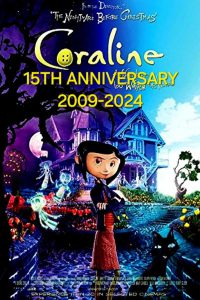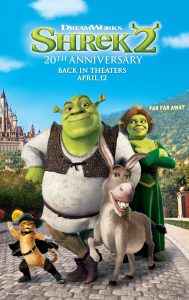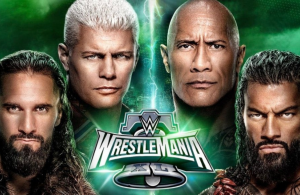
Jamee McAdoo
MC201 Contributor
Between “Keeping Up With The Kardashians,” “The Real Housewives of Atlanta,” “The Bachelor,” “Love & Hip Hop,” and many more, seeing life through the experiences of celebrities makes for an interesting form of entertainment!
Whether the reality show is competition-based, set in the music and entertainment industry, or simply following the lifestyle of someone famous, reality TV has increased to 57 percent of all television shows that can be found on screens, according to the blog “Reality Television: Creating a World Where No One is Real”.
The appeal of reality TV is not always the same for everyone.
London Berry, a sophomore journalism major at Philander Smith College, enjoys watching reality love shows like “90 Day Fiancé,” “Love is Blind,” and “Love Island”.
“Watching strangers meet and fall in love in such a short period of time is fun to see to me because it makes me admire how simple and pure love can be,” Berry said. “In a perfect world, all you need is to form a connection and enjoy life together.”
Berry likes watching reality shows that are about pairing up love interests because they create an ideal situation and peaceful environment with little to no real challenges.
“We don’t always know what happens to the couple once they get back in the real world, but I follow most of them on Instagram and see them posting pictures of each other, furthering their relationships all the time,” Berry said.
High school psychology and sociology teacher, Kimberly Crutchfield, asserts that watching reality TV satisfies social stimulation.
“People that really enjoy watching reality TV shows typically feel like they are actually involved in the life of the elite and are sometimes more envious of their lifestyles than just observant,” Crutchfield said.
Crutchfield argues that people watch reality TV to get a glimpse of fame and fortune, and subconsciously wish it were them on the screens, which is why it can become addicting to watch.
“I watch a few episodes sometimes with my daughters, but I’m not as invested in the shows as they are,” Crutchfield said, “While I don’t think everything is scripted, I do believe crises are exaggerated, conversations are sometimes planned, and content is oftentimes edited and manipulated.”
Crutchfield does not take everything seen on reality TV at face value but does not mind watching it sometimes.
Jordan Greenwood, a biology/pre-pharmacy major at Jackson State, believes that reality TV is not showing reality at all.
“It’s all pre-written and they are actors, like any other characters on TV,” Greenwood said, “It’s its own genre but ultimately is not as real as everyone seems to think.”
Greenwood is not a fan of reality television because she feels as if it is all about creating drama and selling it as being authentic.
“People like reality TV shows because they sell the celebrity life and make people think they have the inside scoop to what happens to our celebrities on a daily basis,” Greenwood said. “But it’s not always what it seems and they are capitalizing off of people’s naivety.”
Whether you like reality TV or not, there is no denying that it has become one of the most watched non-sporting shows on television.
Speculations over the authenticity of reality TV will still be relevant for a while, but so will its place in our entertainment industry today.





Be First to Comment